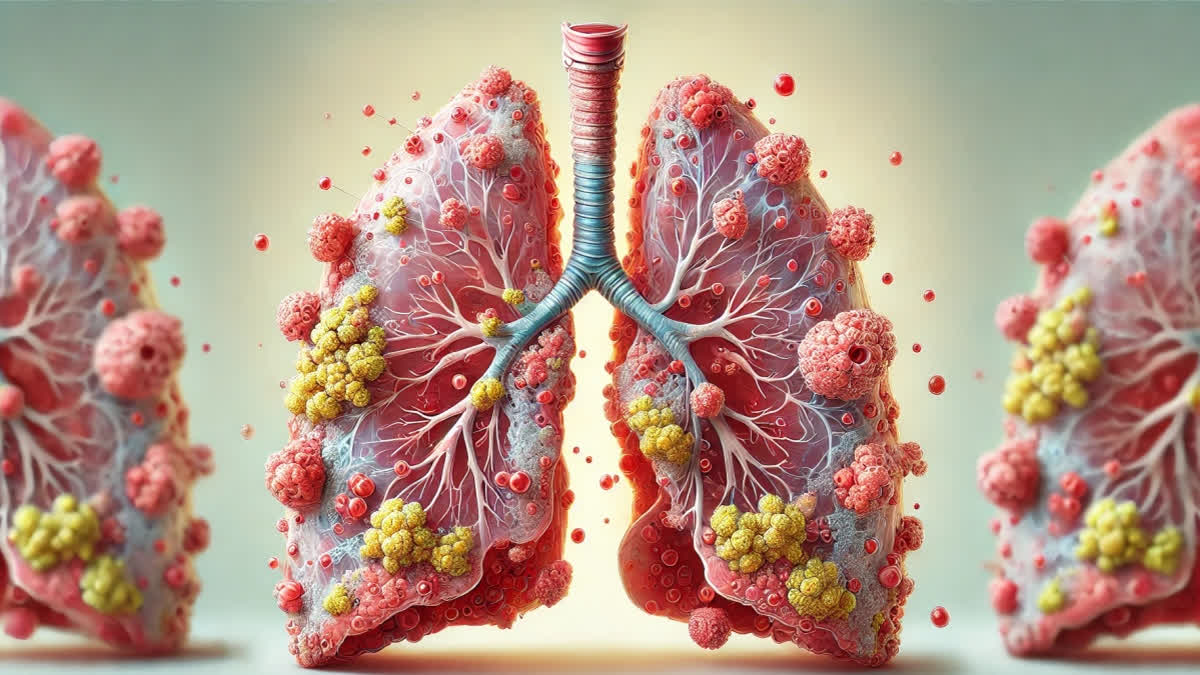Did you know that India accounts for a whopping 23% of CAP cases worldwide? As we reflect on World Pneumonia Day which was observed on November 12, the ETV Health team explores why it affects certain groups in our nation a lot more, and what can be done about it.
What Is Community-Acquired Pneumonia?
Community-acquired pneumonia (CAP) is a type of lung infection that people contract outside hospital settings, unlike other types of pneumonia, which are typically acquired in healthcare facilities. CAP can hit anyone, but it especially impacts vulnerable groups like young children, seniors, and those with weaker immune systems.
According to Dr Tanvi Bhatt, pulmonologist at Zynova Shalby Hospital in Mumbai, “Streptococcus pneumoniae is one of the main bacteria responsible for CAP in India. However, it’s not just about the bacteria.” Dr Bhatt goes on to add that several other factors make CAP particularly widespread in India.
Many people in India, especially those from lower-income groups, don’t get enough nutrition, which weakens their immune system. Malnourished children, seniors and people with chronic illnesses are more likely to catch infections like CAP because their bodies can’t fight bacteria and viruses effectively.
Air pollutionis a huge problem in India, especially in big cities and it’s directly linked to respiratory illnesses. Dr Bhatt points out that exposure to pollutants like dust, smoke, and particles in the air makes the lungs more vulnerable to infections like pneumonia. In fact, people who are constantly exposed to polluted air are at a higher risk of developing CAP and other lung-related issues.
In densely populatedcities and communities, the chances of infections spreading are high. When you live in close quarters, bacteria and viruses have an easier time spreading from person to person, making CAP even more common.
Early Symptoms of CAP
The symptoms of CAP can sometimes feel like other respiratory infections, which can make it tricky to identify right away. But there are a few red flags:
- Persistent Cough:A cough with phlegm that just won’t go away is one of the most common signs.
- Fever and Chills:These often accompany pneumonia, along with a feeling of general weakness.
- Difficulty Breathing:CAP can make it hard to breathe, unlike milder respiratory infections.
- Chest Pain:Unlike a simple cold or flu, pneumonia often causes pain in the chest, especially when breathing or coughing.
Dr. Bhatt recommends, “Consult a doctor to confirm a diagnosis, especially if you notice more severe symptoms. Tests like chest X-rays and blood tests can help detect pneumonia and guide treatment.”
How Is CAP Treated?
